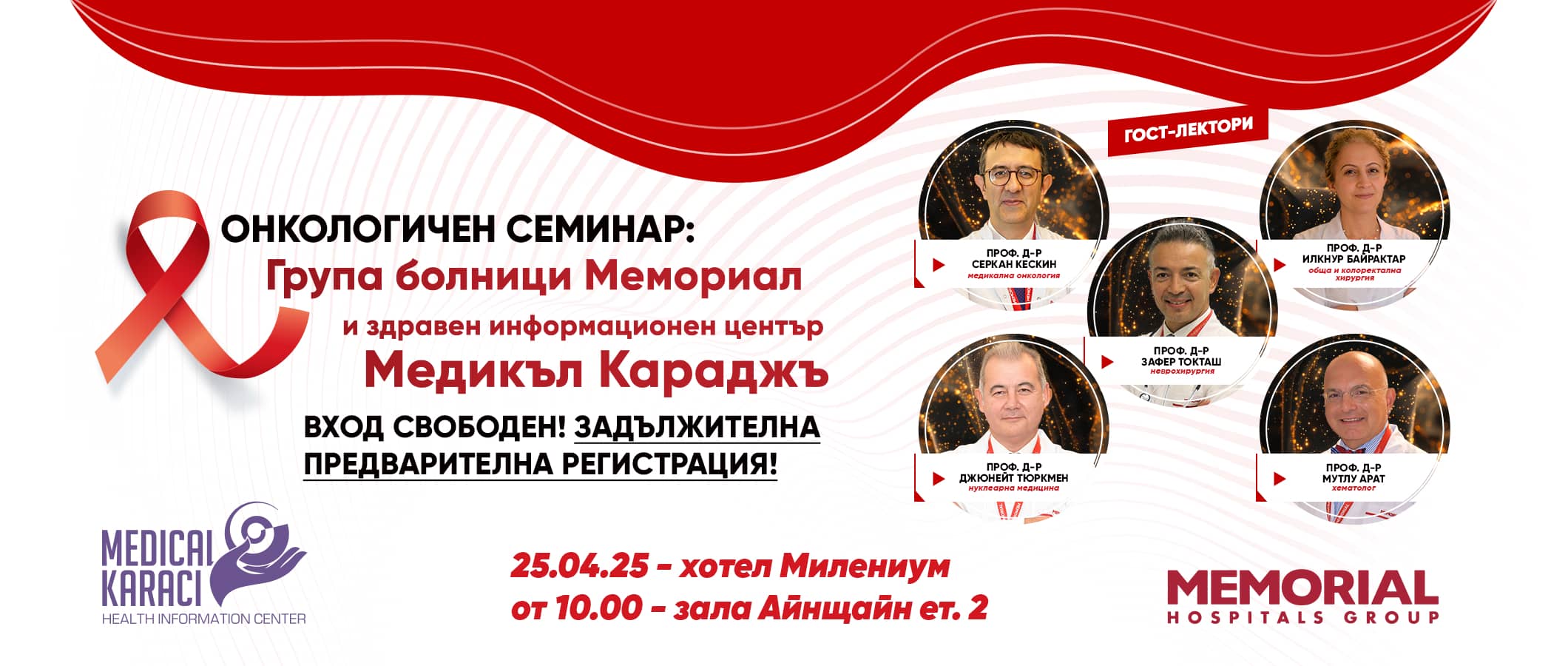Cleaning, cleaning and cleaning again... Till fainting and then again. Tidying up the wardrobe and tidying up again, but this time a little further in, so it's perfect!
Will this little fluffy dog bite me now?! Oh, and there's another one, let loose - and it's coming at me - yaaaaasssss!... And now when I get home, the one next door will look at me like it's suddenly hungry!
So... Welcome to the hard to live in world of people suffering from what is called Obsessive Compulsive Disorder or translated - Compulsive Compulsive Disorder.
Let's unravel what this diagnosis means so we can explain - what is OCD?
An obsession is a state in which we feel a very strong, compelling interest in something, a compulsive interest in an action or state that is beyond our volitional control. We can add another clarification - a parasitic feeling or behavioral aberration that for some reason is allowed to determine one's thoughts and life. Compulsion means - repetitive action without consideration of whether we need to do it, whether it is necessary or not. What happens can affect many different parts of daily life - frequent hand washing, counting the things in the handbag, whether the door is locked, not being able to dispose of old and unwanted items, and many others... We could hardly spare an hour to sort them out.
Where does it come from, how is it unlocked?
Medicine still shrugs its shoulders and remains silent when this question needs to be answered definitively. Imaging studies show differences in the frontal cortex of the brain as well as in its subcortical structures. Psychiatrists and psychologists are of the opinion that there is a disturbance in the working process in the structure of the brain called the "limbic nervous system". Emotion is the engine of the emerging obsessive disorder, and the disorder itself is the product of a very complex interaction between the individual neurons that make up the overall integrity of the nervous system in question.
There have been medical claims of the disorder having a genetic basis, as well as some diseases: Huntington's chorea, encephalitis lethargica (von Ekonomo's encephalitis), Parkinson's disease, Tourette's disorder, schizophrenia, Sydenham's chorea, some epilepsies, regional brain injuries, ischemia, tumors, etc.
An interesting and alternative view is the claim that there is a group of people (and mostly women) in whom OCD comes quietly and unnoticed as a consequence of lifestyle. The perfect example is the notorious sense of control over the actions and lives of the people we most care about. Even more interesting is the fact that in some cases the obsession is realized, accepted, and becomes welcome in our lives without us resisting it. Medics who have studied this strange "coexistence" between patient and diagnosis argue that the obsession becomes a challenge to its possessor, motivating him or her to both cope with it by controlling it successfully, and to be reluctant to part with his or her suffering out of worry lest another "good old evil" emerge to replace it.
Types of obsessive disorders:
- Depressing
- panic
- food
- Schizophrenic
All phobias are a type of OCD.
And how to treat them?
Symptomatic and relative to the profound episode the patient is in. Unfortunately a complete cure is only possible if the condition is not severe. Taking prescription antidepressants as well as specialized selective serotonin reuptake inhibitors (SSRIs) help relieve OCD.
At the bottom of this whole vicious circle, we need to know that we need to confide in a professional and we need to talk about everything that is bothering us, even if it has no relation to our real problem. A successful doctor-patient team always walks one step ahead of the disease and can win the battle for supremacy over our mind, emotions and behavior.
For more information, we at Medical Karaj are at your service.
Call us on the following numbers "Medical Karaj": 0879 977 401 or 0879 977 402.
Also keep an eye on our constantly updated Facebook content.




